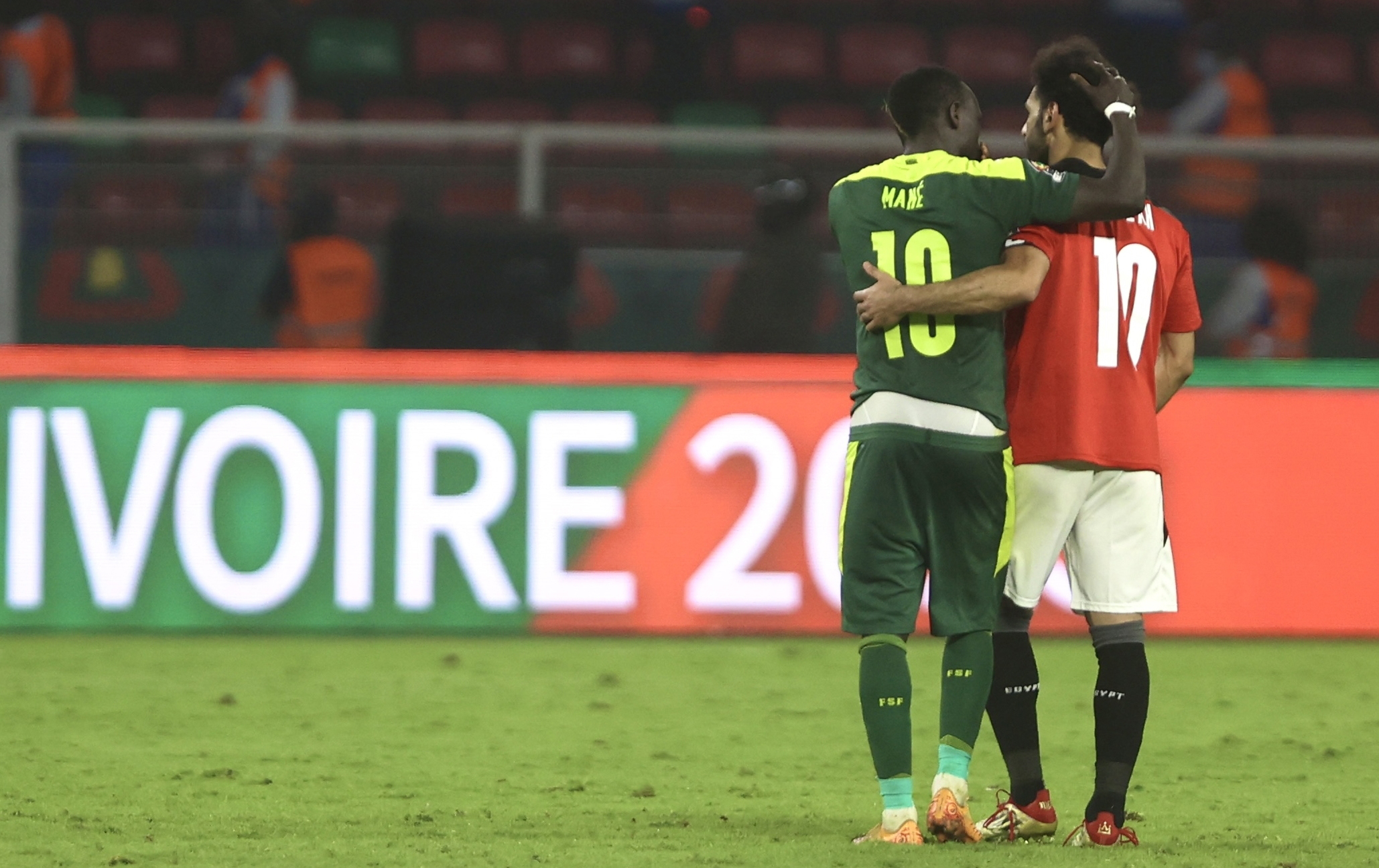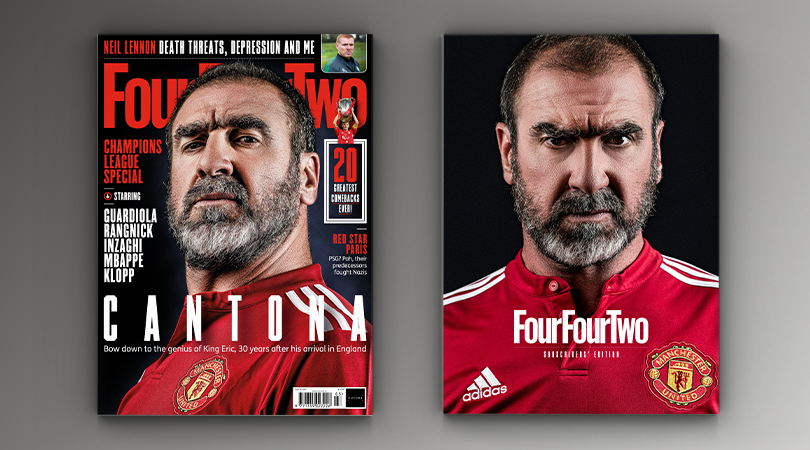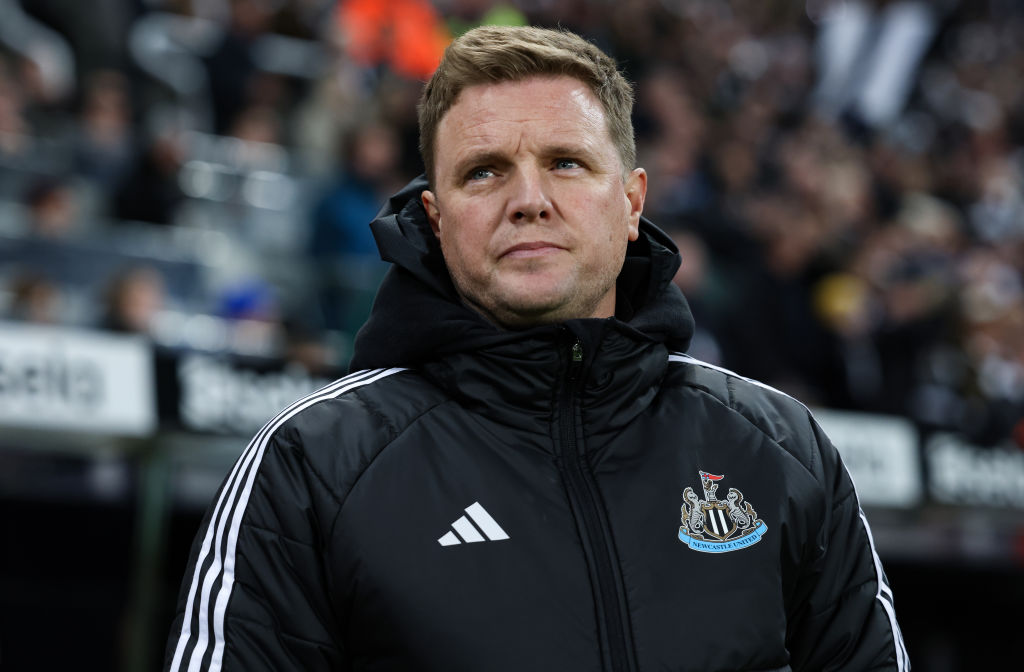Penalty shootouts: When should your best taker step up? The principles of how to win the spot-kick lottery
Mohamed Salah didn't get a chance at glory for Egypt – but what's the best order for players in a penalty shootout?

It was a penalty shootout and Egypt’s best penalty-taker did not approach the spot. The all-or-nothing gamble of putting Mohamed Salah fifth in the order backfired. Two earlier misses meant that the prospect of the Egyptian king making his country African Cup of Nations winners never materialised.
And while Senegal prospered from a similar policy as Sadio Mane scored their fifth and decisive spot kick, it highlighted the peril of putting the supposed guarantee of a goal in what can seem the most important position but which, with earlier misses, can become an irrelevant footnote.
“That is why your best penalty taker should never go fifth,” Jamie Carragher argued. “Mo Salah not taking a penalty for Egypt in a shootout in a final is madness.”
That is why your best penalty taker should never go fifth. Mo Salah not taking a penalty for Egypt in a shootout in a final is madness. Also happened to Ronaldo years ago for Portugal v Spain. #AFCON2021 #SENEGYFebruary 6, 2022
Carragher cited a precedent from another superstar with an obvious preference for going last. Whether for altruistic or egotistical reasons, Cristiano Ronaldo prefers to have the glory shot. Taking fifth ensured he scored the spot kick that made Real Madrid Champions League winners in 2016.
As Carragher noted, being fifth in line meant he never took a penalty as Portugal lost their Euro 2012 semi-final to Spain. Joao Moutinho and Bruno Alves missed. They had gone first and fourth. Ben Lyttleton, author of the penalty book Twelve Yards, said on Sunday the first and fourth spot-kicks are the most important. While Ronaldo went fourth for Manchester United on Friday, that half of Lyttleton’s advice is rarely heeded.
Certainly, footballing orthodoxy dictates the outstanding taker goes first. It is school of thought Alan Shearer and Harry Kane follow. James Milner, that paragon of common sense, has tended to step up first and set the tone for Liverpool – an alternative theory, possibly based on national stereotyping but backed up by their reliability, is just to put Germans first in a shootout, where Didi Hamann, Michael Ballack and Ilkay Gundogan have been placed on a disproportionate amount of times, usually successfully.

But it is uncontroversial to say one of the bankers ought to take the lead: when Carragher scored Liverpool’s sixth spot-kick in the 2001 League Cup win, the two specialists, Gary McAllister and Robbie Fowler, were first and fifth respectively.
Get FourFourTwo Newsletter
The best features, fun and footballing quizzes, straight to your inbox every week.
And the question of the order can be particularly pertinent when it comes to the man fifth in line. Gareth Southgate appears to put his best option first, his second best next and so on. Yet that meant the 19-year-old Bukayo Saka was handed what felt an unfair responsibility of taking England’s last spot-kick in the Euro 2020 final (admittedly Italy, following the Salah principle, had their regular taker, Jorginho, fifth and he also missed, but it didn’t matter).
And fifth can be the pressure penalty: putting the weakest of the first five there entails a risk. Rewind to the 2008 Champions League final and Didier Drogba was due to be Chelsea’s fifth man, a role he performed perfectly in 2012 to assume immortality at Stamford Bridge. Instead, he was sent off and John Terry, who was sixth in line, moved up one, slipped and Manchester United were reprieved, eventually benefiting. Frank Lampard, Chelsea’s regular taker, normally went second or third across his career.
😶 Ronaldo's miss💥 Hargreaves top bins😢 Terry's slip🙌 Van der Sar's saveIt's ten years to the day since that Champions League final between Chelsea and Manchester United... pic.twitter.com/DiVkILglqeMay 21, 2018
If laying a platform matters, if it is harder to win a shootout after an early setback, the fifth penalty is particularly fraught when it is in effect already sudden death. It can feel a specialist role. Cesc Fabregas volunteered for it when he knocked out Ronaldo and Portugal in Euro 2012, just as he had eliminated Italy in Euro 2008.
Even amid a ridiculously bad shootout record, United have twice in the last year shown the merits of putting one of their premier takers fifth twice. They were 5-4 down to Villarreal after nine penalties in the Europa League final when Edinson Cavani showed nerves of steel. In the same scenario against Middlesbrough on Friday, Bruno Fernandes, long a byword of excellence from 12 yards, was similarly reliable.
If the fifth penalty is partly about ability, it is also about attitude and character. A common denominator among some who seemed to relish it – Ronaldo, Salah, Cavani, Fabregas, Fernandes – is that each is a big personality.
SCORES! Eric Dier sends England through to the @FIFAWorldCup quarter-final! pic.twitter.com/UkzlZEI7iPJuly 3, 2018
Carragher won the 2005 Champions League final on penalties, when Liverpool only required four spot kicks and before Steven Gerrard was their normal taker, but his performance seemed to have convinced even the unsentimental Rafa Benitez that his captain was a superman and he put him last in line.
If there are some examples of exuberant youthful players eagerly grasping the opportunity, whether Fabregas in 2008 or the 18-year-old Curtis Jones swapping with Divock Origi to take the fifth and knock Arsenal out of the Carabao Cup in 2019, it appears more of a job for a senior figure. If a regular penalty taker is not available, a clean striker of the ball with an unflappable disposition may be a fine alternative.
It was apparent when Eric Dier proved the ideal candidate to go fifth for England in the 2018 World Cup against Colombia. And if a solid citizen is the next best thing to a professional penalty taker, perhaps it is a longwinded way of saying the right man for the unenviable job of going fifth should have the technique and personality of Gareth Barry.
Subscribe to FourFourTwo today and save over a third on shop price
Restock your kit bag with the best deals for footballers on Amazon right now
ALSO READ
LIST Football Manager 2022: All the FM22 wonderkids you'll need to sign
Richard Jolly also writes for the National, the Guardian, the Observer, the Straits Times, the Independent, Sporting Life, Football 365 and the Blizzard. He has written for the FourFourTwo website since 2018 and for the magazine in the 1990s and the 2020s, but not in between. He has covered 1500+ games and remembers a disturbing number of the 0-0 draws.

